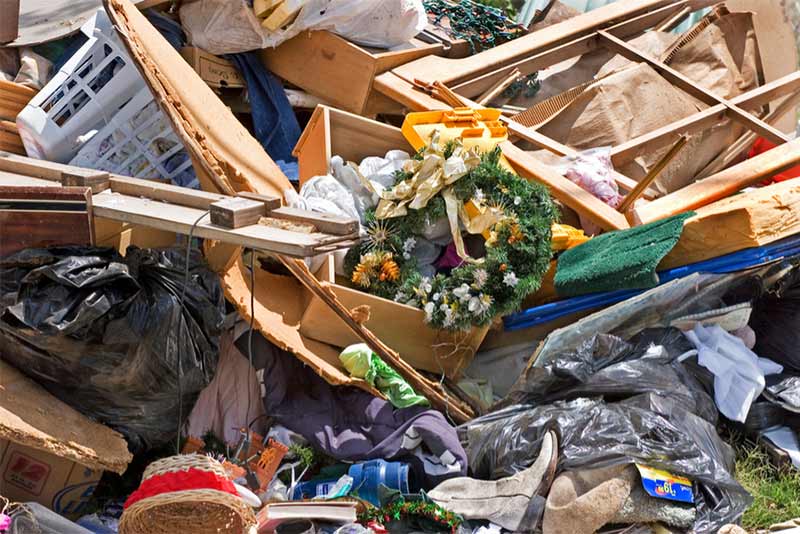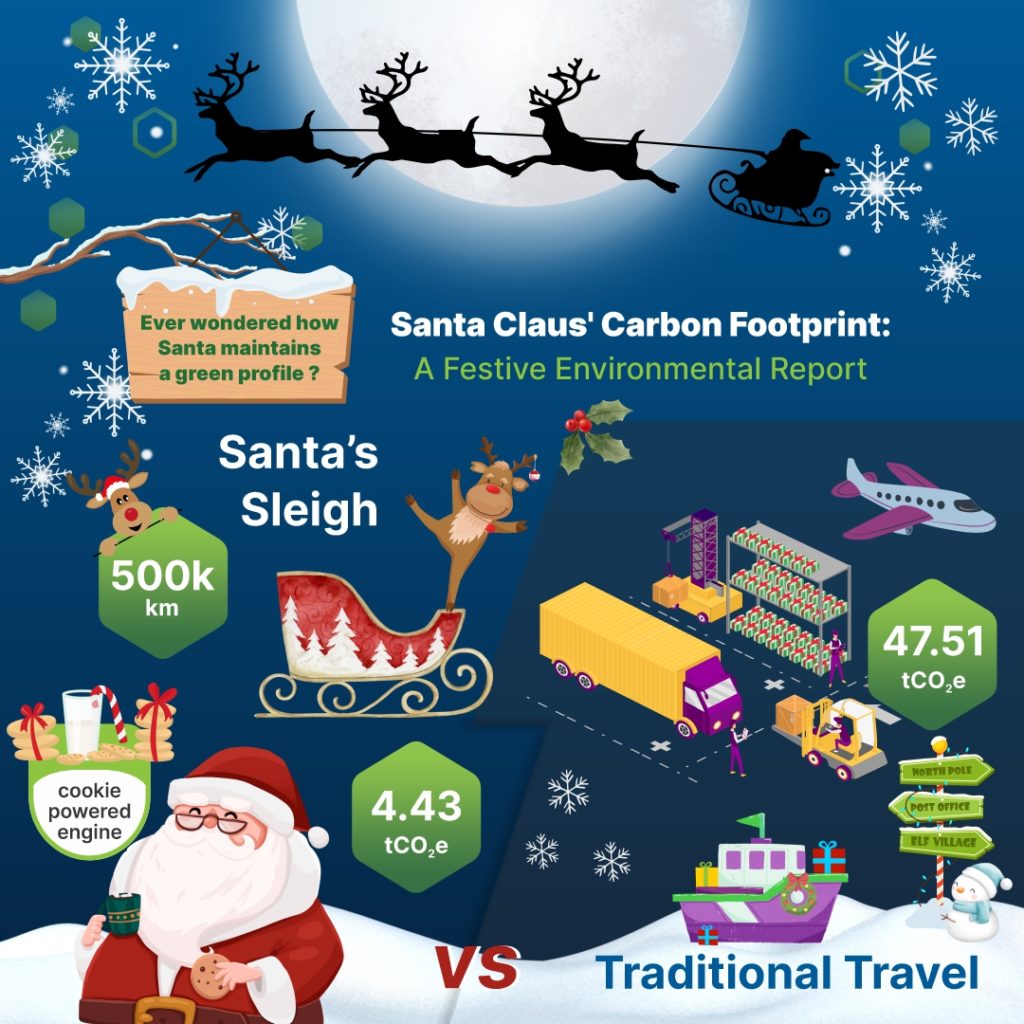A Festive Season with Environmental Consequences: Examining Christmas Decoration Waste
Related Articles: A Festive Season with Environmental Consequences: Examining Christmas Decoration Waste
Introduction
In this auspicious occasion, we are delighted to delve into the intriguing topic related to A Festive Season with Environmental Consequences: Examining Christmas Decoration Waste. Let’s weave interesting information and offer fresh perspectives to the readers.
Table of Content
A Festive Season with Environmental Consequences: Examining Christmas Decoration Waste

The holiday season, particularly Christmas, is a time of joy, celebration, and abundant decorations. However, the festive cheer often comes with a hidden environmental cost: the generation of substantial waste from decorations. This article explores the nature of Christmas decoration waste, its environmental impact, and strategies for mitigating its negative consequences.
The Nature of Christmas Decoration Waste
Christmas decorations encompass a diverse array of materials, many of which are disposable and contribute to waste generation. The most common culprits include:
- Packaging: Boxes, plastic wrapping, and Styrofoam used to protect decorations during transit and storage.
- Artificial Trees: While durable, these trees often end up in landfills after a few years, taking hundreds of years to decompose.
- Tinsel and Garland: These decorative elements are typically made from plastic, which can persist in the environment for centuries.
- Lights: Many Christmas lights are made with non-recyclable plastic and contain harmful heavy metals, posing risks to wildlife and ecosystems.
- Cards and Wrapping Paper: While some paper products are recyclable, many are coated with non-recyclable materials, ending up in landfills.
- Disposable Decorations: Paper snowflakes, plastic ornaments, and other disposable decorations contribute significantly to waste volume.
Environmental Impact of Christmas Decoration Waste
The accumulation of Christmas decoration waste has significant environmental implications:
- Landfill Overflow: Landfills are already struggling to manage waste, and Christmas decorations exacerbate the issue. The sheer volume of discarded decorations puts pressure on landfill capacity and contributes to environmental pollution.
- Plastic Pollution: Plastic components of decorations, like tinsel and lights, can persist in the environment for centuries, polluting soil and water sources.
- Greenhouse Gas Emissions: The production, transportation, and disposal of decorations generate significant greenhouse gas emissions, contributing to climate change.
- Resource Depletion: The manufacture of decorations requires the extraction of natural resources, contributing to resource depletion and habitat destruction.
Strategies for Reducing Christmas Decoration Waste
While Christmas decorations are a cherished part of the holiday season, responsible choices can significantly minimize their environmental impact:
- Opt for Reusable Decorations: Choose decorations made from durable materials like glass, metal, or natural fibers that can be reused for years.
- Embrace Sustainable Alternatives: Consider using natural materials like pinecones, branches, and dried fruits for decorations.
- Invest in a Real Christmas Tree: Real trees can be composted or recycled, minimizing their environmental footprint compared to artificial trees.
- Reduce Packaging Waste: Choose decorations with minimal packaging or look for reusable storage containers.
- Recycle Responsibly: Dispose of recyclable decorations properly, separating them from other waste.
- Support Sustainable Businesses: Choose decorations from companies that prioritize sustainable practices and use recycled materials.
- Embrace Minimalism: Consider reducing the overall number of decorations, focusing on quality over quantity.
FAQs on Christmas Decoration Waste
1. Are all Christmas lights recyclable?
Not all Christmas lights are recyclable. Many contain non-recyclable plastic and harmful heavy metals. Look for lights with labels indicating they are recyclable and follow local recycling guidelines.
2. Can I compost my Christmas tree?
Yes, you can compost your Christmas tree. Ensure it is free of decorations and cut into smaller pieces for faster decomposition.
3. What can I do with old Christmas decorations?
Consider donating them to charities, repurposing them for crafting projects, or selling them online.
4. Are all Christmas cards recyclable?
Not all Christmas cards are recyclable. Look for cards made from recycled paper or paper with minimal embellishments. Avoid cards with glitter or foil, as these are typically not recyclable.
5. How can I reduce my overall holiday waste?
Consider using reusable gift wrapping, choosing eco-friendly gift ideas, and minimizing food waste during holiday gatherings.
Tips for Reducing Christmas Decoration Waste
- Plan Ahead: Plan your decorations in advance to avoid impulse purchases that could lead to excess waste.
- Embrace DIY: Create your own decorations using natural materials or recycled items.
- Shop Locally: Support local businesses that offer sustainable and eco-friendly decorations.
- Educate Others: Share information about the environmental impact of Christmas decoration waste with friends and family.
Conclusion
The festive spirit of Christmas should not come at the expense of our environment. By making conscious choices regarding our decorations, we can celebrate the holidays responsibly and minimize our impact on the planet. From choosing reusable decorations to embracing sustainable practices, there are numerous ways to enjoy the season while protecting our natural resources. By adopting these strategies, we can ensure a joyful and environmentally responsible Christmas for generations to come.








Closure
Thus, we hope this article has provided valuable insights into A Festive Season with Environmental Consequences: Examining Christmas Decoration Waste. We appreciate your attention to our article. See you in our next article!